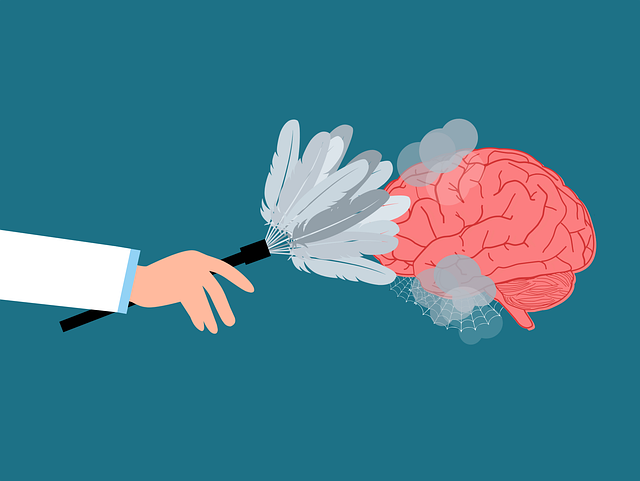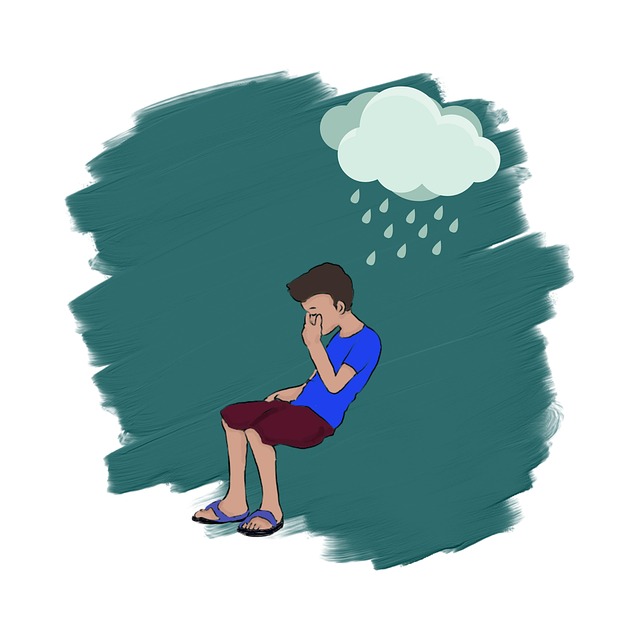Superior Family Counseling Therapy emphasizes understanding group dynamics for successful mental wellness facilitation. They create safe spaces through active participation promotion, open communication encouragement, conflict management, and consideration of individual differences. Structured sessions, compassion cultivation practices, and stress reduction methods foster warmth, empathy, and trust. Active engagement techniques, like active listening and interactive discussions, enhance open communication and resilience building. Collaborative group activities empower individuals through self-reflection, personal growth, and new perspectives, ultimately fostering a supportive community for mental wellness.
Mental wellness group facilitation is an art that empowers individuals through collective support. In this article, we explore effective techniques for counseling professionals aiming to lead transformative groups. From understanding intricate group dynamics to creating safe spaces, these strategies are essential tools for facilitators. We delve into active listening, engaging participants through interactive activities, and promoting self-reflection. Discover how these tactics, offered by Superior Family Counseling Therapy, can foster growth and positively impact mental wellness in a group setting.
- Understanding Group Dynamics for Effective Facilitation
- Strategies for Building a Safe and Supportive Environment
- Engaging Participants: Active Listening and Interaction Techniques
- Promoting Self-Reflection and Growth Through Group Activities
Understanding Group Dynamics for Effective Facilitation

Understanding group dynamics is a cornerstone for effective facilitation at Superior Family Counseling Therapy. Groups are unique social systems where individuals interact and influence each other’s experiences and behaviors. Recognizing power dynamics, roles, and relationships among members is crucial for fostering a safe and supportive environment. Facilitators play a vital role in navigating these dynamics, ensuring every voice is heard and respected.
This involves promoting active participation, encouraging open communication, and managing potential conflicts. By understanding individual differences, such as personality traits and cultural backgrounds, facilitators can tailor their approach to enhance group cohesion and encourage positive interactions. Effective facilitation also includes implementing confidence-boosting strategies and self-esteem improvement techniques, which are essential components of risk management planning for mental health professionals.
Strategies for Building a Safe and Supportive Environment

Creating a safe and supportive environment is paramount when facilitating mental wellness groups, serving as the foundation for meaningful connections and therapeutic growth. As a facilitator, cultivating an atmosphere of warmth, empathy, and trust is essential. Encourage participants to share their experiences openly by fostering active listening and creating ground rules that prioritize respect, confidentiality, and non-judgment. Incorporating compassion cultivation practices can help foster this environment; encouraging kind and caring thoughts towards oneself and others promotes a sense of belonging and understanding.
Superior Family Counseling Therapy emphasizes the importance of structured yet flexible sessions that allow for individual expression while ensuring everyone feels heard. Utilizing effective communication strategies is key to achieving this balance. Facilitators should model clear and concise communication, validate emotions, and employ open-ended questions to encourage dialogue. By implementing stress reduction methods, such as mindfulness exercises or guided meditations, you can help participants manage anxiety and create a more serene setting, enabling them to focus on their mental wellness journey together.
Engaging Participants: Active Listening and Interaction Techniques

Engaging participants actively is a cornerstone of effective mental wellness group facilitation. Superior Family Counseling Therapy emphasizes the importance of creating an inclusive environment where every individual feels heard and valued. Facilitators should employ techniques that foster open communication, such as active listening, where they paraphrase, summarize, and ask clarifying questions to ensure understanding. This not only demonstrates emotional intelligence but also encourages participants to express their thoughts and feelings more freely.
Interactive activities and discussions are other powerful tools. Encouraging shared experiences through stories or exercises can strengthen resilience building and empathy building strategies. By facilitating these interactions, counselors create a supportive network where members learn from one another, fostering a deeper sense of community and understanding. Such approaches ensure that the group dynamic remains positive and productive, contributing to overall mental wellness.
Promoting Self-Reflection and Growth Through Group Activities

Group activities play a pivotal role in facilitating self-reflection and personal growth within mental wellness settings. Through collaborative exercises, participants can explore their thoughts and emotions in a safe and supportive environment, fostering an opportunity for profound insight. Engaging in group discussions, creative expressions, or problem-solving scenarios encourages individuals to reflect on their experiences, identify patterns, and gain new perspectives. This introspective process is essential for personal development, as it allows individuals to challenge limiting beliefs, enhance self-awareness, and cultivate coping skills that can be applied to various aspects of life.
At Superior Family Counseling Therapy, we recognize the power of group facilitation in promoting positive change. Our experienced therapists design engaging activities that cater to different therapeutic needs, including Coping Skills Development, Social Skills Training, and Conflict Resolution Techniques. By actively participating in these group sessions, individuals can build resilience, strengthen interpersonal connections, and develop effective strategies for managing stress and navigating challenges. Through shared experiences and collective support, members gain valuable insights while fostering a sense of belonging and empowerment.
Group facilitation techniques, when implemented with care, can be transformative, fostering mental wellness through a supportive community. By understanding group dynamics, creating safe spaces, and employing engaging interaction methods, facilitators enable profound self-reflection and personal growth. Incorporating diverse activities tailored to these principles ensures an inclusive environment, enhancing the therapeutic experience at Superior Family Counseling Therapy. This approach not only empowers individuals but also creates a lasting impact, contributing to improved mental health outcomes for all participants.












